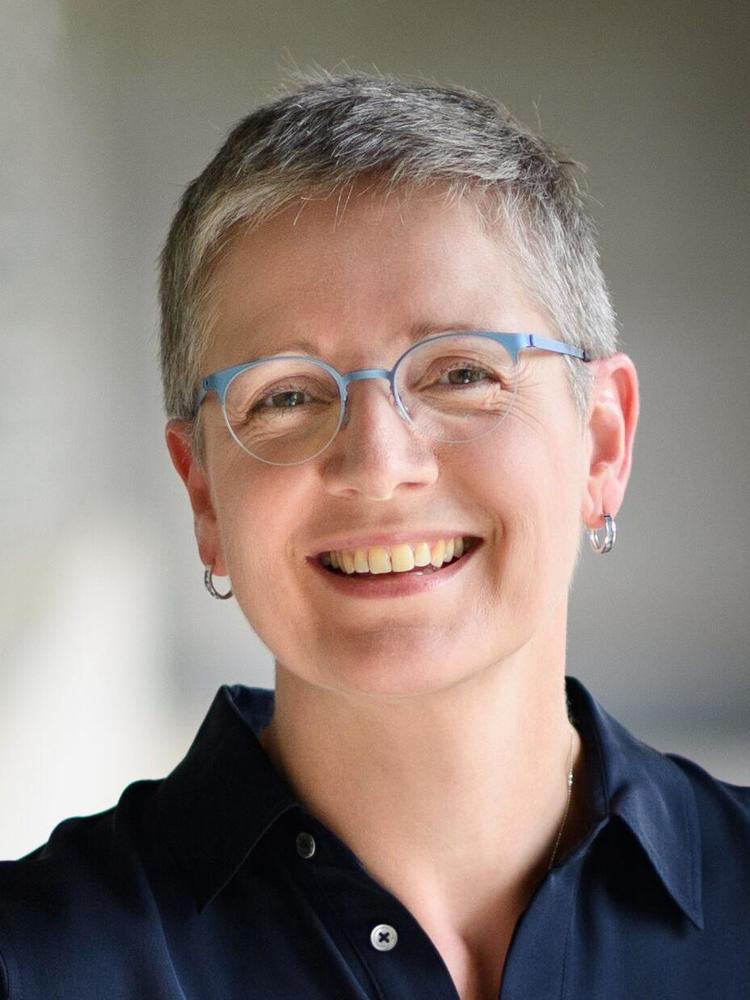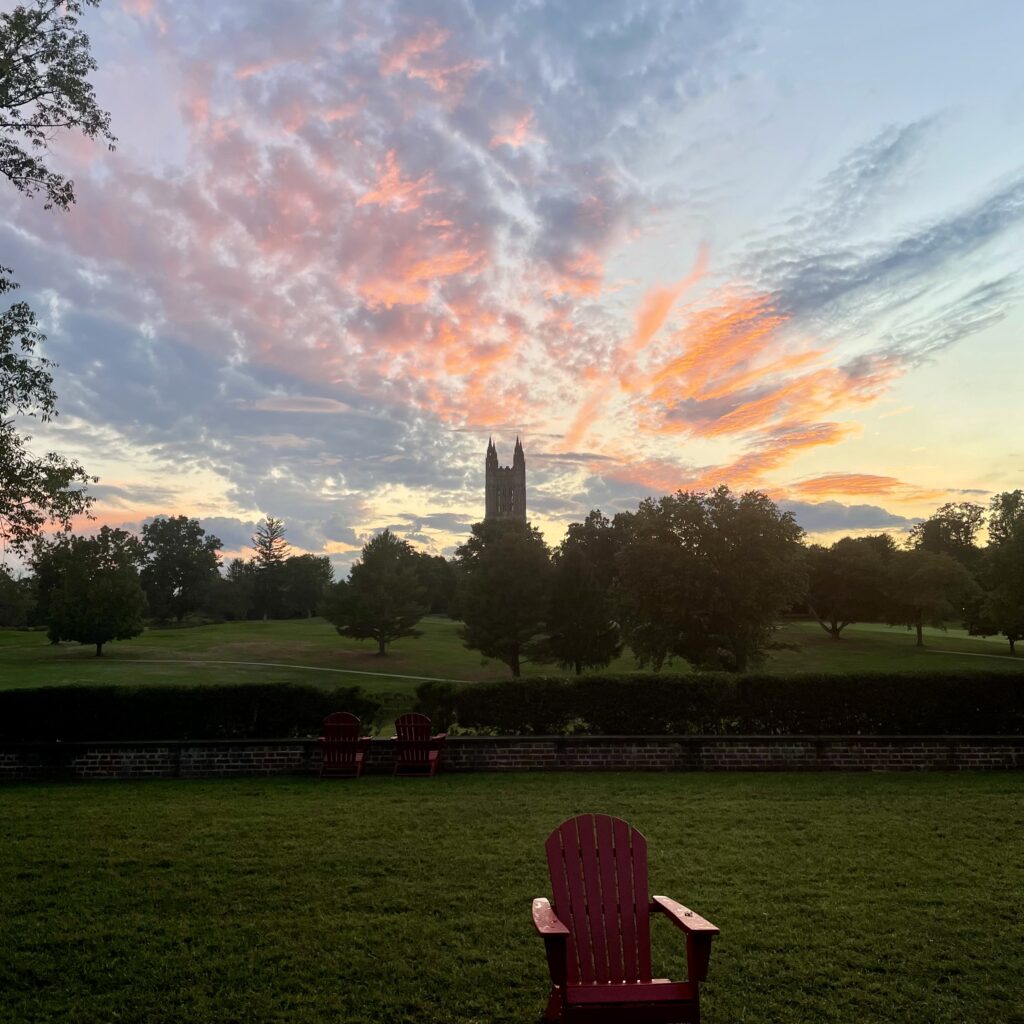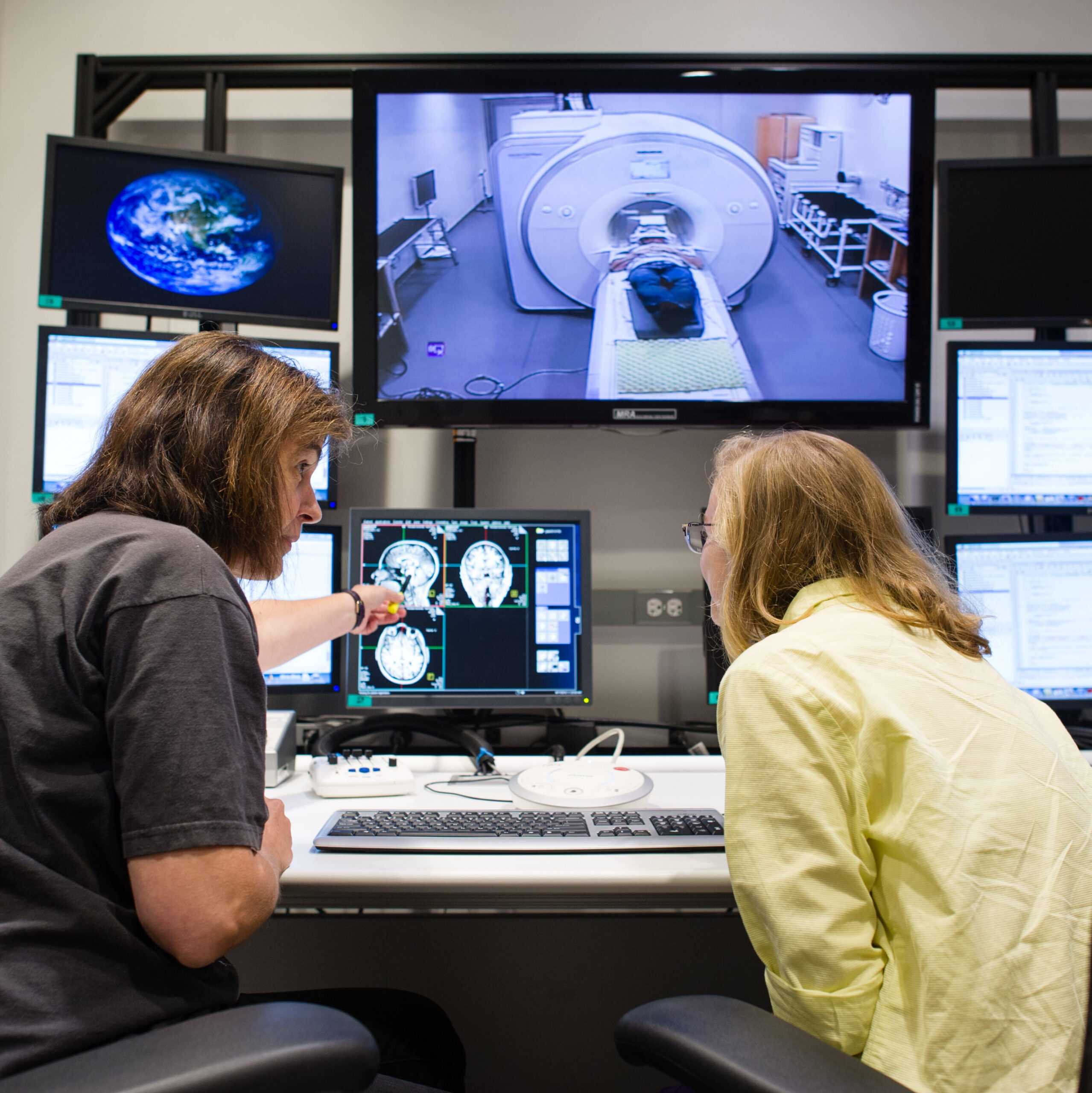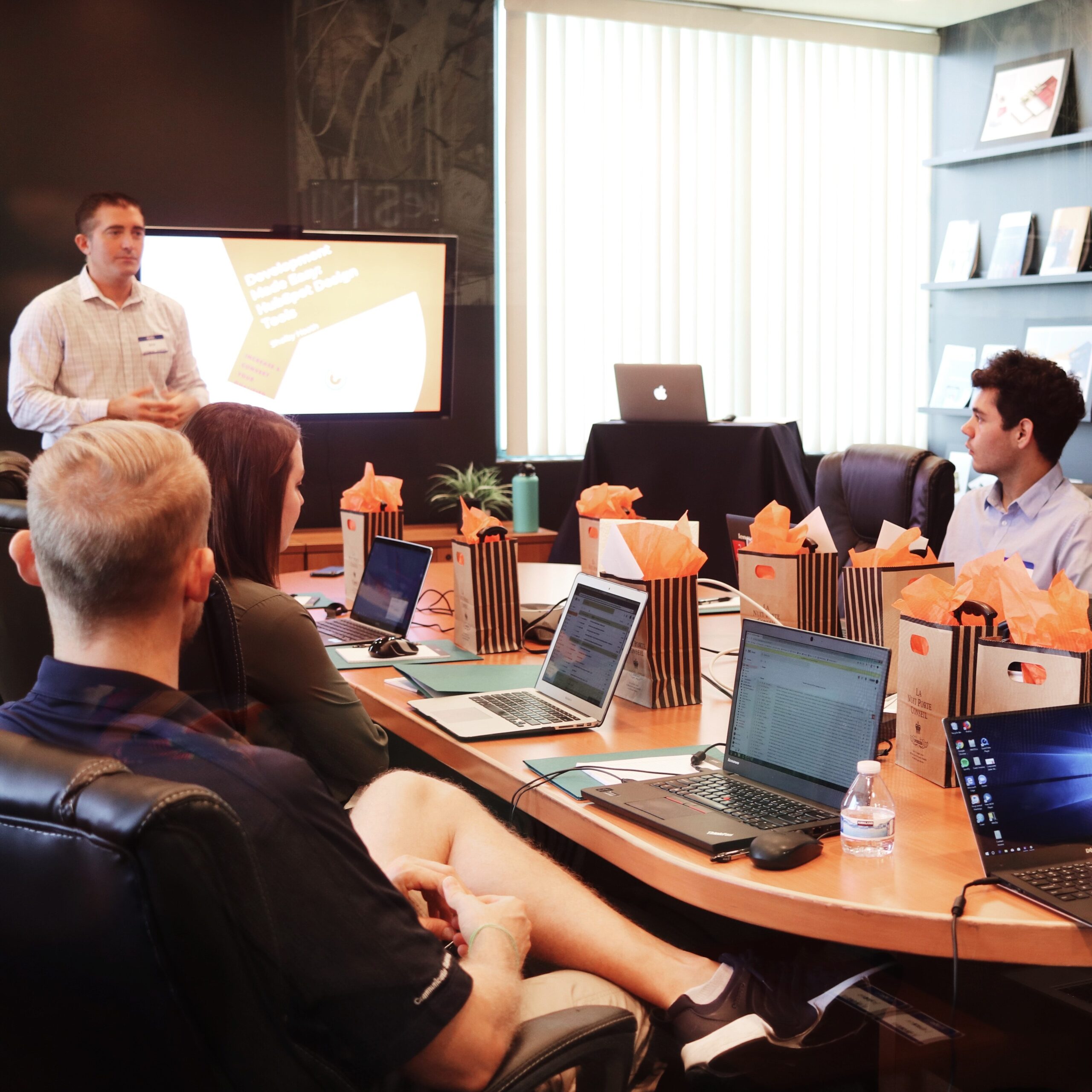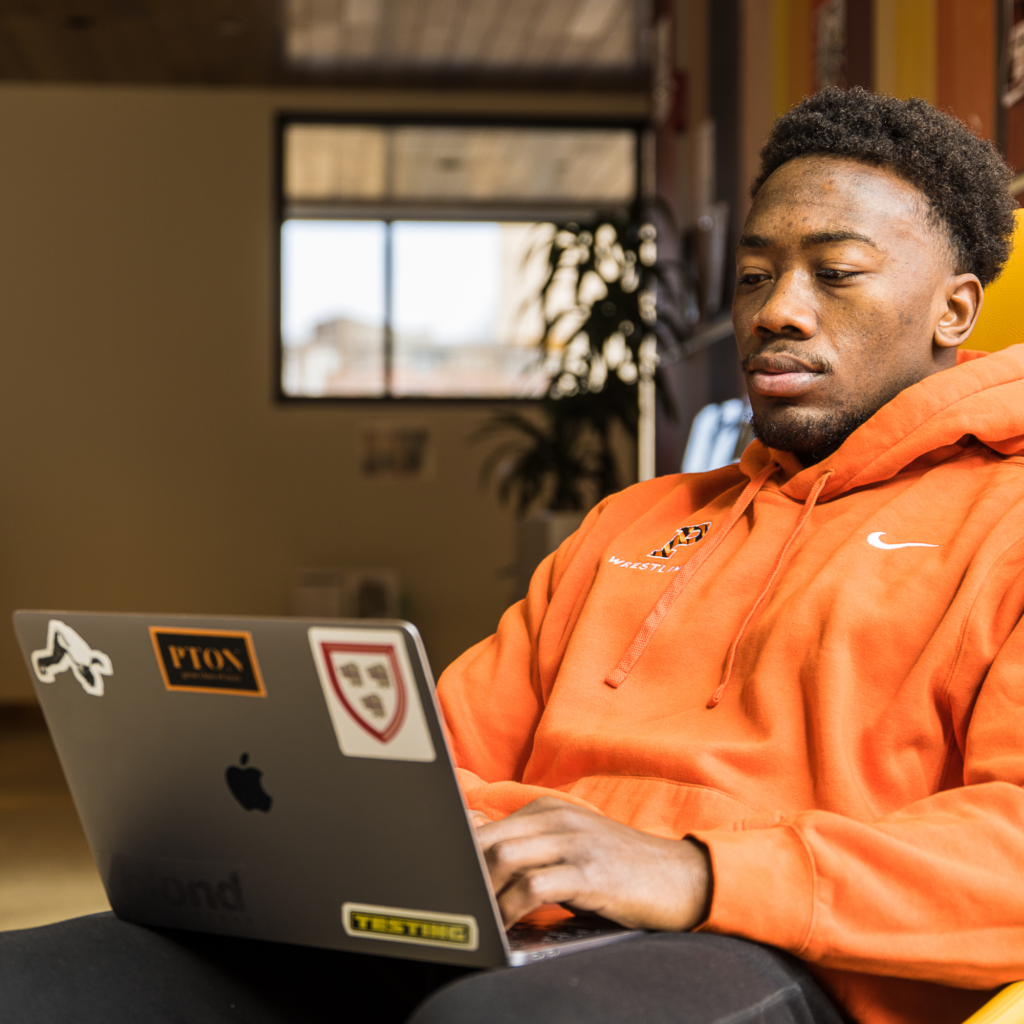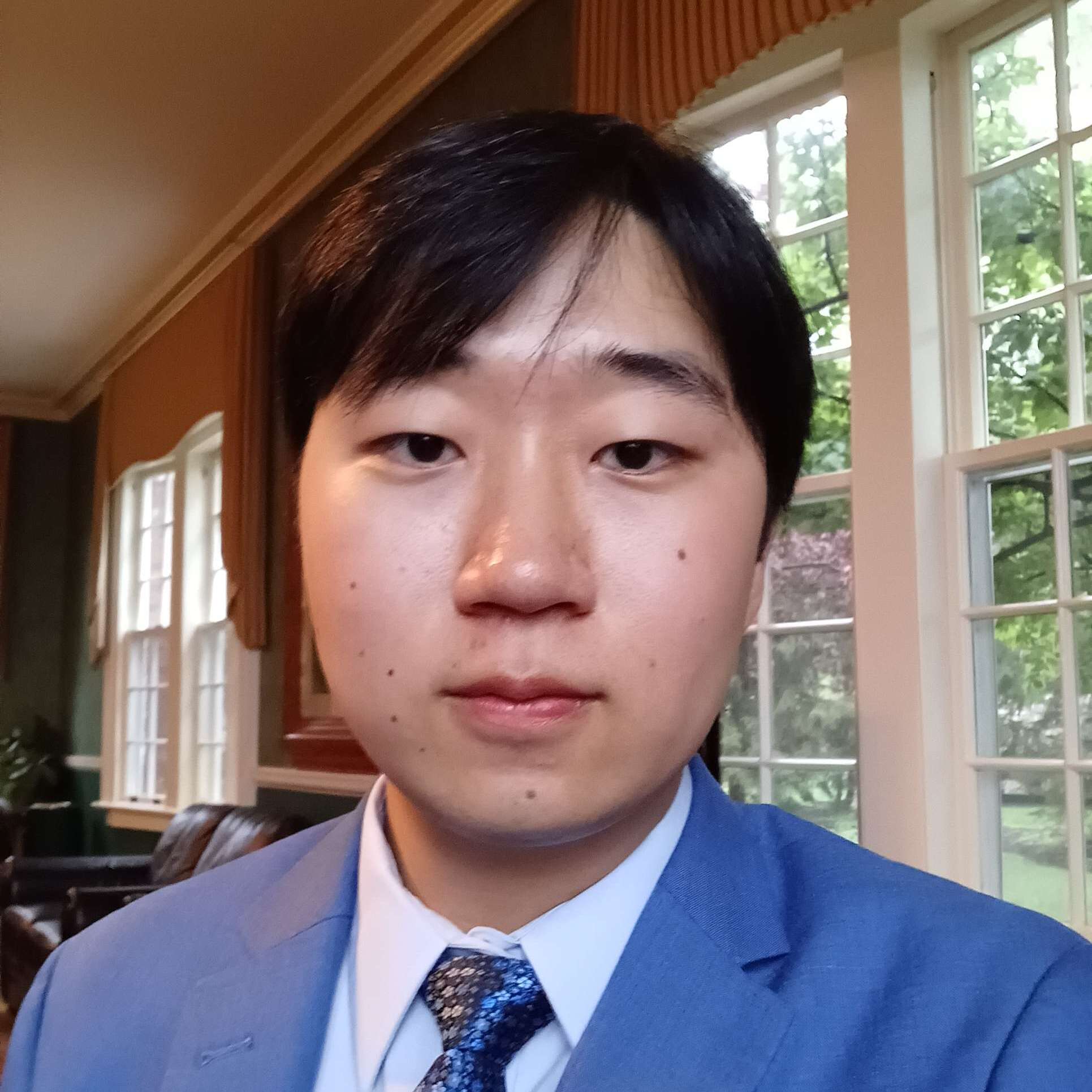Last semester, I interviewed Albert Lee ‘24 to get a glimpse of what conducting qualitative research for sociology Junior Papers can look like at Princeton. (If you’re interested in reading that piece, click here!). Discussing qualitative research with Albert was exciting because his words of advice were quite applicable to the qualitative Computer Science research I was conducting in COS 436: Human-Computer Interaction (HCI).
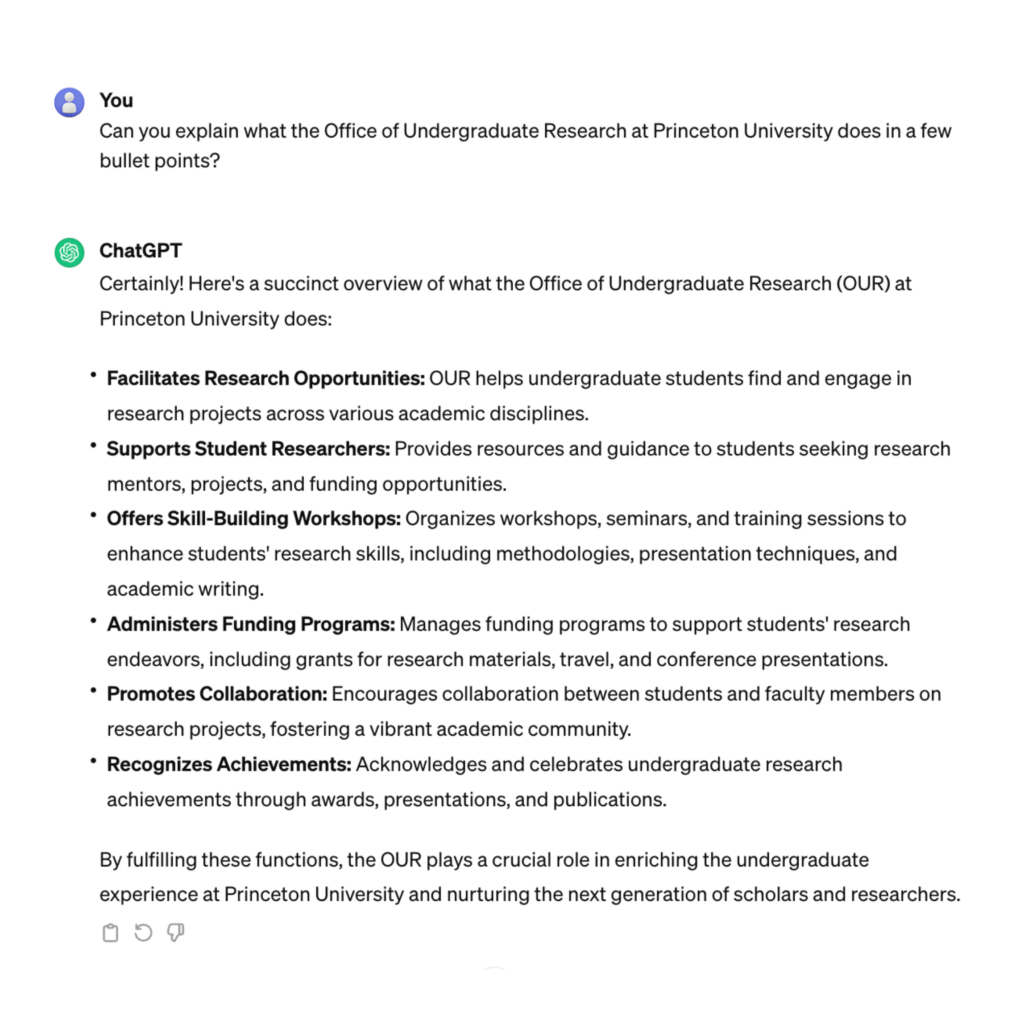
An example user prompt and ChatGPT response.
Prior to taking COS 436, I had little idea of what qualitative research looked like in Computer Science, particularly because many of the CS courses I had taken were quantitative, involving systems, mathematical models, or theory. Taking the course opened my eyes to a whole side of research: interview-based qualitative research. For my semester-long research project, my team and I aimed to dive deeper into educators’ opinions on the use of ChatGPT in CS education.
Continue reading Tips for Recruiting Interviewees: My Qualitative Research on ChatGPT Use in CS Education

